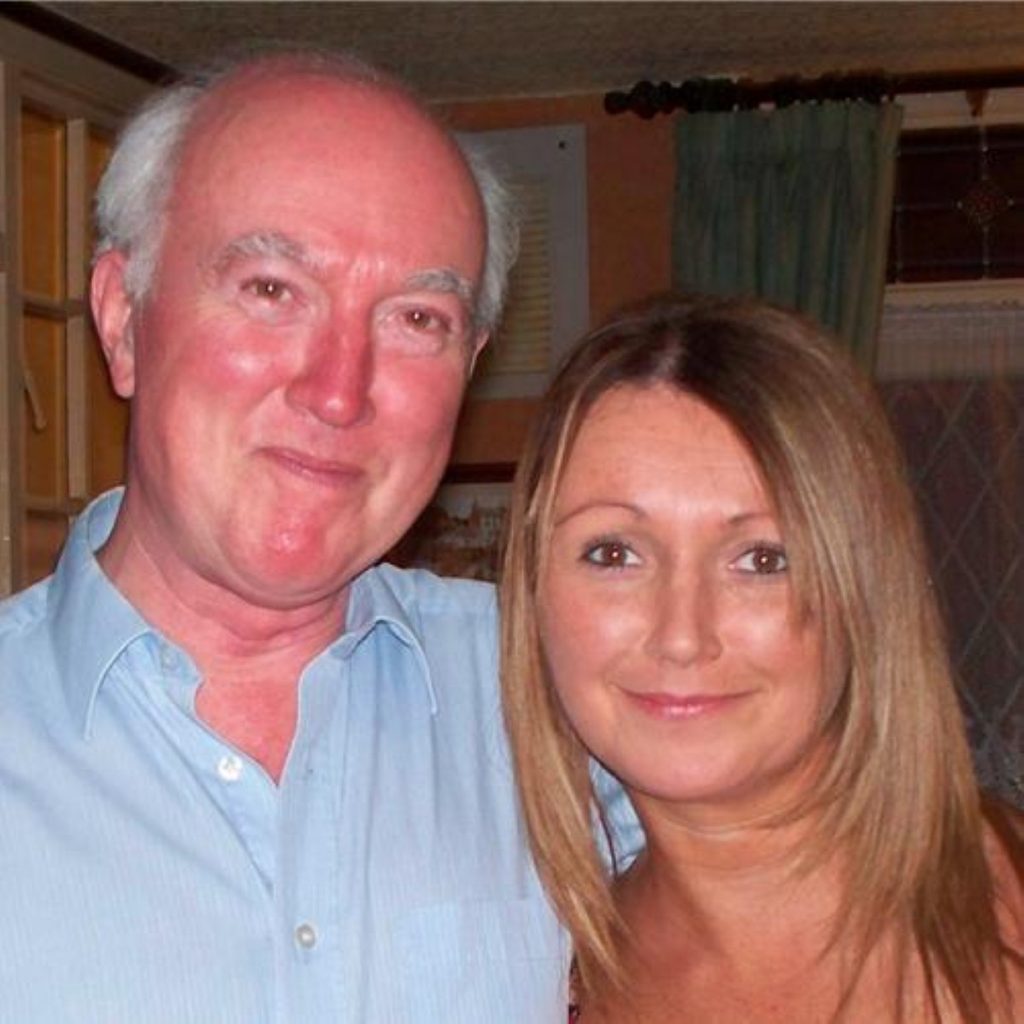MoJ causing ‘suffering’ for families of missing persons
The father of missing York chef Claudia Lawrence has criticised justice secretary Ken Clarke for failing to help the families of missing persons.
Speaking to the all-party parliamentary group on runaway and missing children and adults, Peter Lawrence said the Ministry of Justice’s (MoJ) attitude was “unbelievable”.
Mr Lawrence has written to Mr Clarke demanding action. He wants to see the families of missing people allowed to take on the role of short-term guardian, as in the case of people who are mentally ill.


At present family members have no legal right to manage their loved one’s estate.
“The department said there were too many costs involved, there were very few people who were affected and therefore it was not worth doing and I just can’t believe that,” he said.
“Cumulatively, with great respect to the MoJ, there are a great many people suffering in the country because they will not do anything.”
Claudia Lawrence disappeared on the way home from her job working in the University of York’s kitchens almost two years ago, prompting a high-profile campaign to find her. Her 37th birthday was this Sunday.
Mr Lawrence, who is himself a solicitor, described the “practical and legal difficulties” faced by the families of missing people.
“Being an adult Claudia had her own house, that house had a mortgage. She had insurance policies. She had her car and other insurances, utilities and council tax to deal with,” he said.
He said mortgage lenders and banks refuse to speak with the families because they are not their customer. In Claudia’s case the bank would not let Mr Lawrence transfer money from her savings account to her current account to continue paying her mortgage repayments.
“I was totally amazed when I had to start having to try and deal with these practical issues and legal issues,” he said.
“Everybody who is the relative, certainly of a missing adult, it doesn’t normally apply to missing children, has come across these problems and you come across them at a time when emotionally you are at your lowest ebb.”
“It’s been bad enough for me, and it’s far worse for other people.”
The comments come as part of a campaign by charity Missing People to restore the rights of missing families. They are calling for the government to treat these families much like victims of crime and provide them with support and information.
The charity is also calling for a legal change that would implement a Presumption of Death Act in England and Wales – Scotland and Northern Ireland already have the Act in place.
Ann Coffey MP, chair of the all-party group, described the families as “living in limbo”.
Chief executive of Missing People, Martin Houghton-Brown said it was time for action on the issue.
“As a society we have failed to care for missing people and their families,” he said.
A spokesperson for the Ministry of Justice said ministers had carefully considered proposals for a Presumption of Death Act but decided not to pursue it further.
“Ministers are grateful to Missing People for its work but, in view of the cost of setting up the new procedure, the relatively small number of cases in which it would be used and the existence of the present procedures, have decided that developing this proposal is not a priority. In the light of the need to concentrate resources on the delivery of key priorities, ministers have therefore decided not to take this work forward,” the spokesperson said.
“However, work on other issues relating to people who disappear is still ongoing. More can and should be done to improve the multi-agency response to missing persons. The Home Office is working to address the recommendations of the Missing Persons Taskforce made in March 2010. Some of these have begun and others need further consideration.”
Every year 200,000 people go missing in the UK, around 60,000 of whom are adults.









